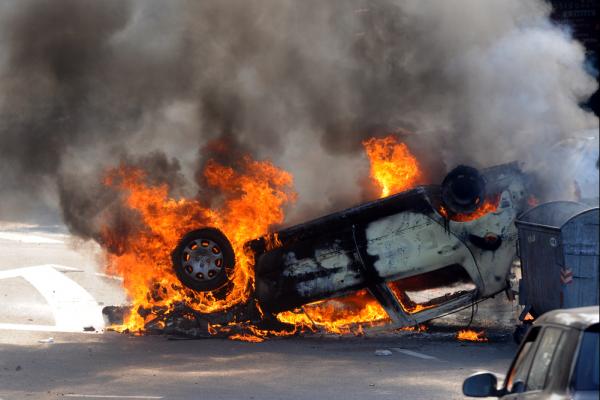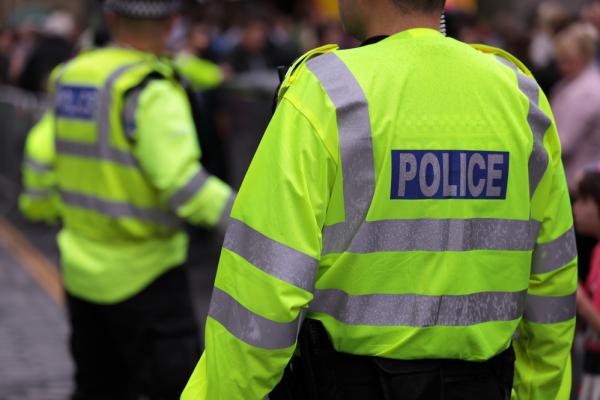On a webinar on 9 September, members of Resilience First heard from three experts on the future direction of both terrorism and extremism. The speakers included: Sir Mark Rowley QPM, former Assistant Commissioner for Special Operations at the Metropolitan Police; Matt Maer DSO MBE, Director of Security and Resilience, Canary Wharf Management; and Professor Brooke Rogers OBE, Professor of Behavioural Science and Security, Department of War Studies, King’s College London.
The key messages were:
- 2017 had seen the start of a marked shift in the level of the threat, particularly far-right extremism which the Global Terrorism Index 2019 reports has increased by 320% in the past five years. The spend on counter-terrorism operations in the UK stood at £757m in 2018-2019 (CONTEST 2018).
- The jihadist threat is our most significant challenge. Much of this activity is scattered and connected with local grievances. The right-wing extremist threat cannot be ignored. It is shifting from individuals to groups and based upon fragmented ideologies. The pandemic crisis, protest campaigns and hate crimes have all fuelled the grievances. The environment has become more atomised, volatile and diverse. At the same time, the vulnerabilities to these threats have expanded from the growth of failed states, to financial instability, and to increasing mental ill-health.
- It will be important for businesses to reinforce three (of the four) ‘Ps’ of CONTEST, namely Prepare, Prevent and Protect. Companies should keep a watchful eye open for disgruntled employees at work (including WFH) who show signs of radicalisation. This may avoid subsequent claims of not acting soon enough should an incident occur i.e. the Prepare and Prevent elements.
- It is important to consider the advice that ‘confidence outweighs preparedness’ (Deloitte) and ‘preparedness in crisis management is the next competitive advantage’ (PWC). Preparedness is important as a distinct factor and should not be treated as merely a housekeeping function.
- It is also important to keep a perspective. In spite of the lives lost to terrorist and extremist acts, the losses from the pandemic are in a different order of magnitude e.g. 63 more lives lost to the pandemic in the US than in 9/11. This means that at the moment businesses do not see terrorism per se as a major concern or priority for resources: such a sentiment is likely to persist until the next serious attack.
- A focus on extremism rather than terrorism might engender an elevated, invigorated response. The broader push factors for a wider extremist-focused landscape are: lack of prospects, socio-political marginalisation, and economic vulnerability. The notions of both alienation (not belonging to society) and disgruntlement (with fewer personal opportunities in life) are likely to grow on the back of Covid-19. The outcome from the ‘have nots’ may be expressed and thrive in a variety of violent, criminal acts including extremism.
- There are several non-terrorism focused activities that can produce a safer workplace. One of these is to show an interest in staff, with staff knowing their colleagues even when remotely working. A second is to provide mentoring through personal contact, particularly for younger members of staff. A third is to make sure people understand the broader canvass on which they sit within their organisation i.e. being part of a larger team, and the role that their organisation plays locally, nationally, or internationally. A fourth is to employ younger staff so that different viewpoints emerge and traditional stereotypes do not dominate.



